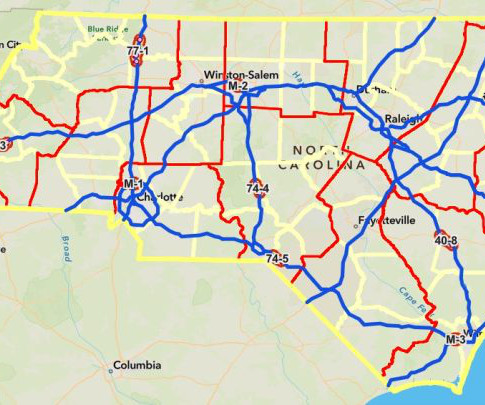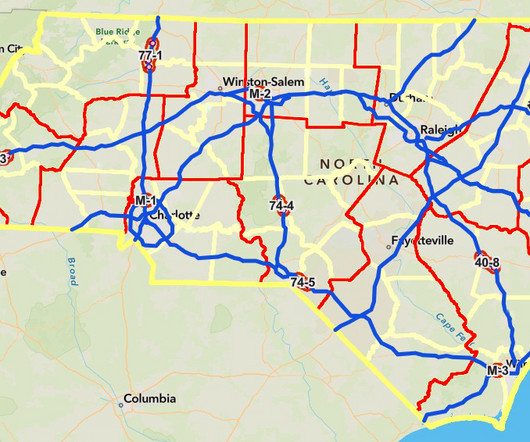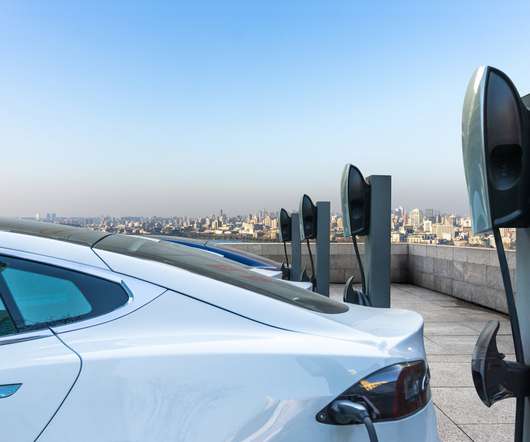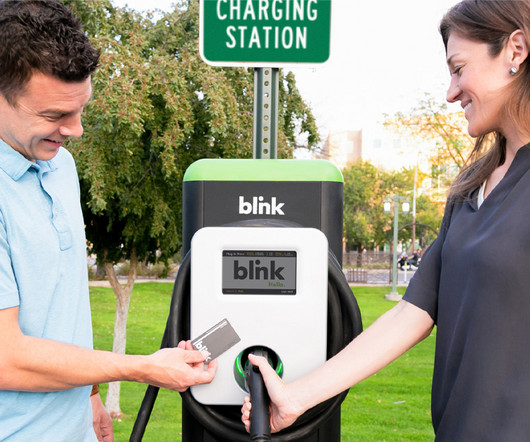This map shows where North Carolina’s first NEVI EV charging stations will be
Baua Electric
JANUARY 11, 2024
North Carolina has published a map that shows where its first 11 National Electric Vehicle Infrastructure (NEVI) Formula Program EV charging stations will be sited – have a look. The NEVI program requires EV charging stations to be available every 50 miles and within one travel mile of the Alternative Fuel Corridor.












Let's personalize your content